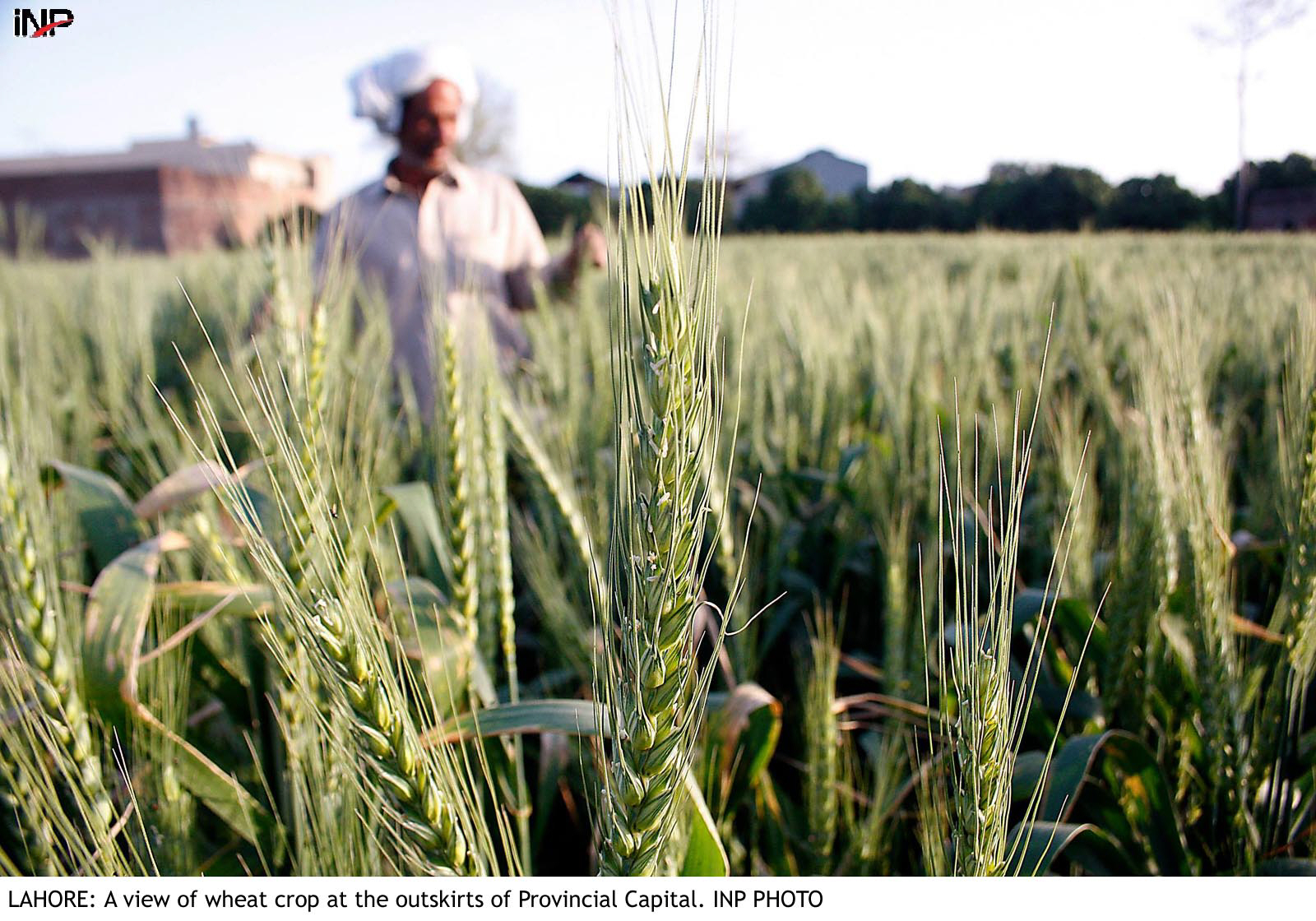
Approximately 76 per cent of rural families in agrarian Sindh are landless, making their ends meet by cultivating land owned by a mere 1.3 per cent of the entire province’s population, which includes families of feudal and tribal chieftains.
This alarming socio-economic disparity comes from the second largest crop-producing province where the Pakistan Peoples Party, with their egalitarian philosophy, has ruled for decades. Land ownership in the province is concentrated among a few families and the average size of their land holding is reported to be between 3,000 to 10,000 acres, according to a research-based, 104-page study launched by the Pakistan Institute of Labour Education and Research on Wednesday.
The study, conducted across the country on the land tenure system, shows that Sindh has the worst feudal structure. “Two-thirds of the province’s estimated 40 million population lives below the poverty line and half of its children are bereft of education,” the study stated. According to the report, 51 per cent of the farmers were earning less than Rs20,000 a month, compared to the landlord’s monthly income of Rs1 million.
Economist Dr Kaiser Bengali, who supervised the research, said that the elite remained less affected during the floods because they occupied elevated, better land. “The small farmers suffered the most as they lived on marginalised and low-lying lands.”
Debts
Bengali reported that during the research a common refrain from half of the internally displaced persons living in relief camps was that, “We don’t want to go back to our villages, there is nothing left for us, except our debt.”
His research presented a list of sources from where farmers could get loans for the cultivation of their crops. According to it, only 4.3 per cent obtained loans from institutionalised banks and financial organisations, while the largest 36.6 per cent borrowed money from sardars and waderas, who charged them heavy interest rates. Medium-scale farmers, who own less than 50 per cent of the land, were shown as the most indebted with 115 per cent.
Patriarchy
The study on women empowerment revealed that their role was almost zero in the decision-making process and none of them are able to vote. Only 5.7 per cent of all rural women in Sindh are able to independently make healthcare decisions.
Speaking to The Express Tribune about the possible solution to this huge disparity between the poor and the rich, he said that the government should legislate against absentee land ownership like India has. “The cruel, unchecked system of tenants and landlords should be minimised,” said Bengali. Though the province has a tenancy act, he claimed it was never implemented.
Published in The Express Tribune, May 17th, 2015.













1734946202-0/Express-Tribune-(6)1734946202-0-270x192.webp)
1732012115-0/Untitled-design-(14)1732012115-0-270x192.webp)
1734899716-0/image-(15)1734899716-0-270x192.webp)







COMMENTS (4)
Comments are moderated and generally will be posted if they are on-topic and not abusive.
For more information, please see our Comments FAQ